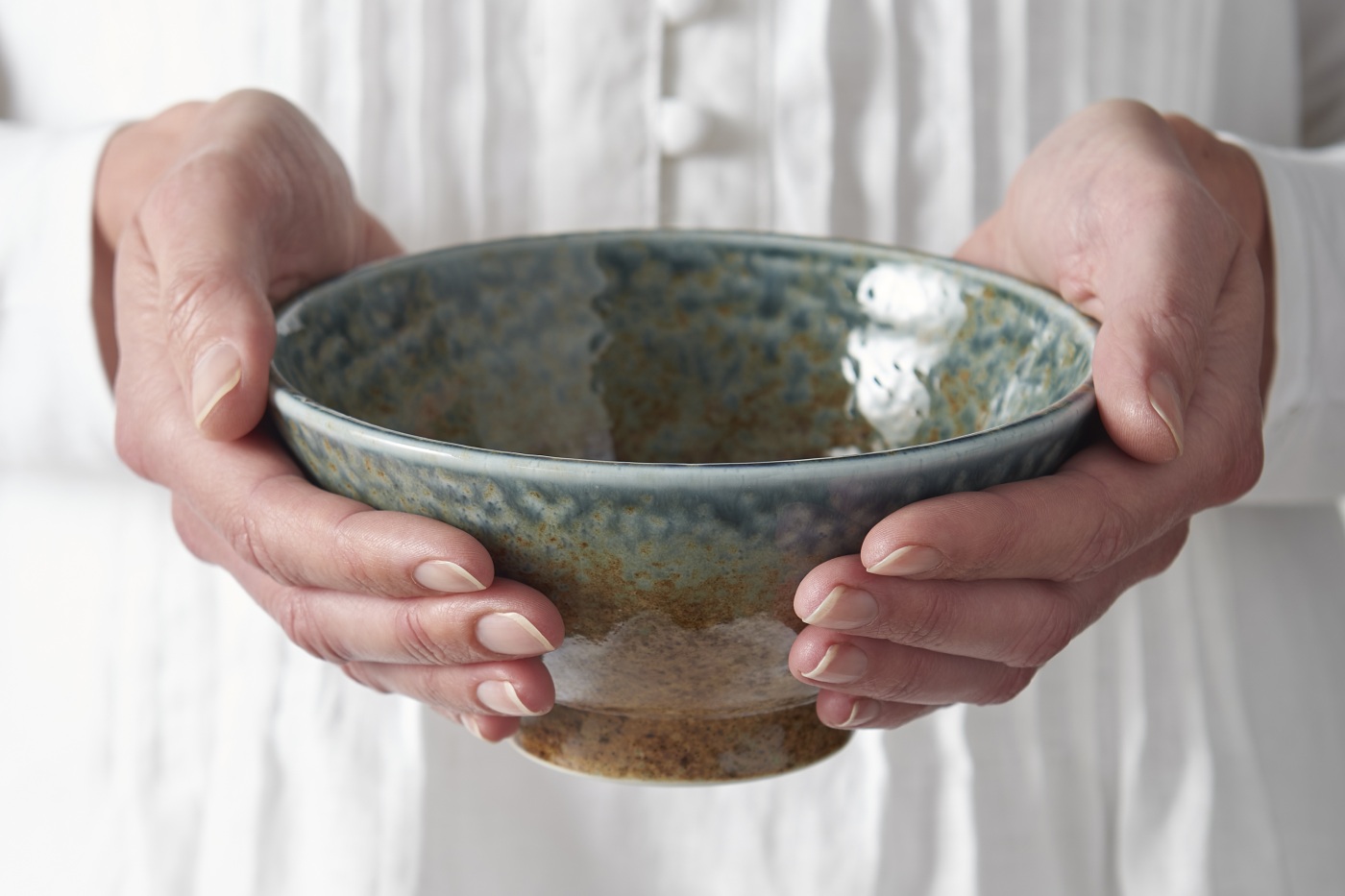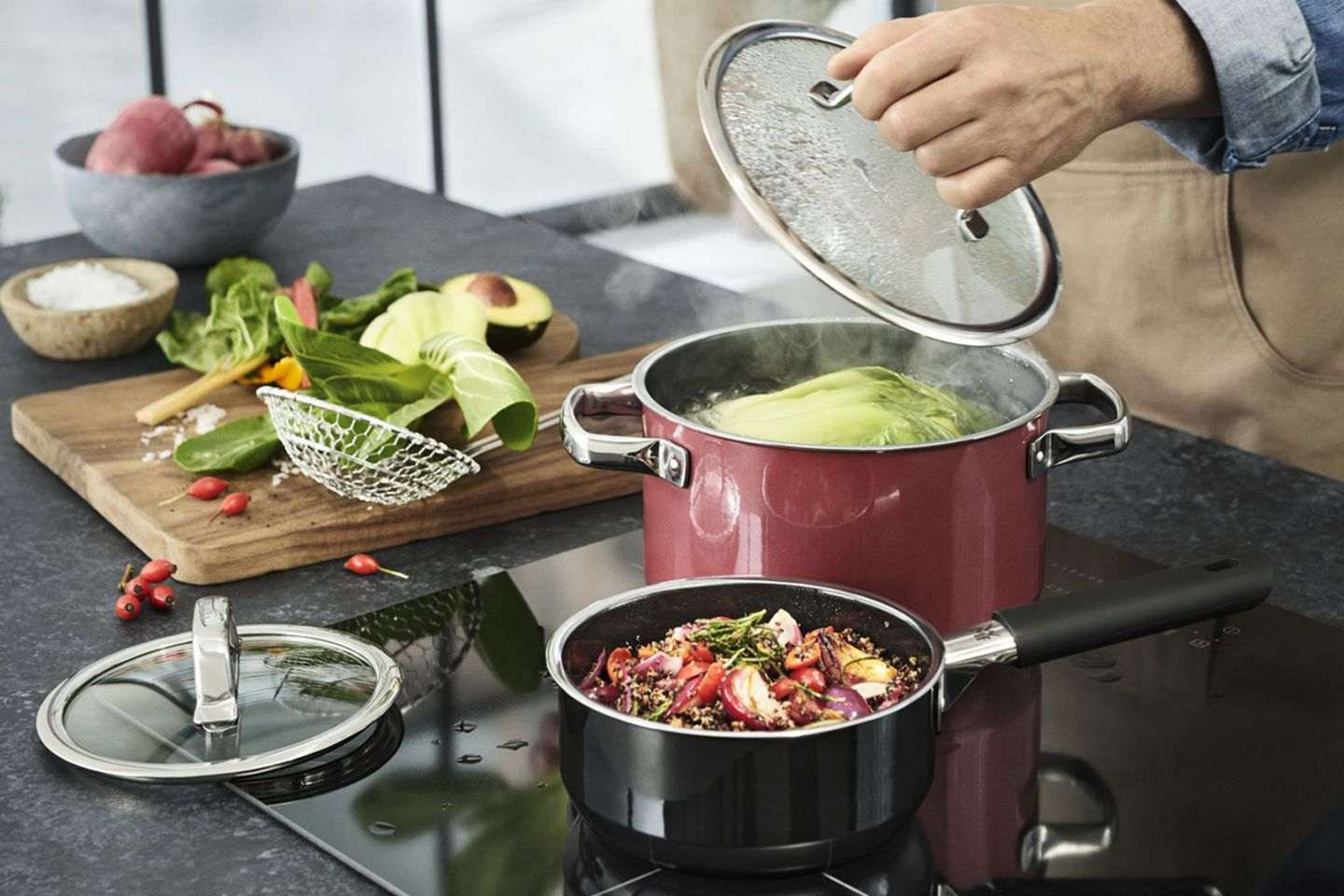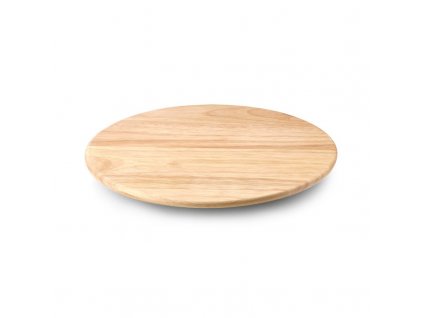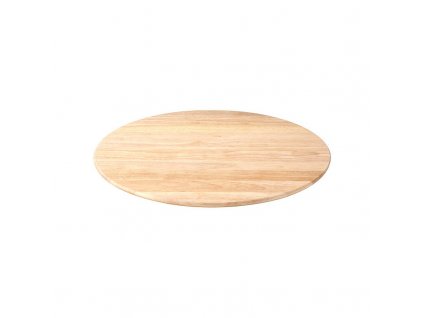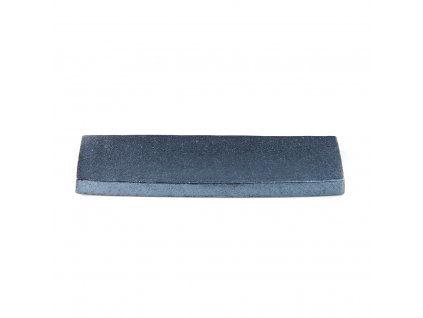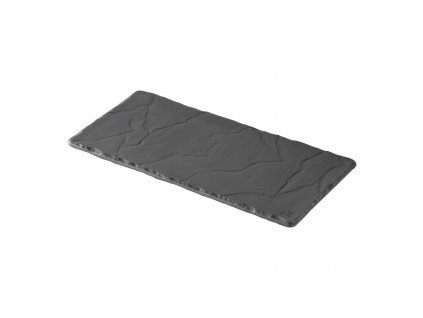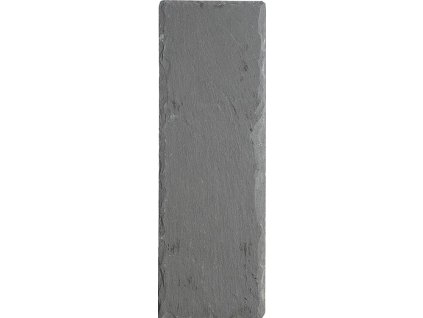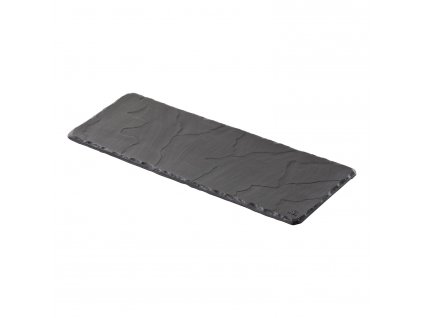Cheese boards and tapas boards – specifically designed for cheeses and snacking
What is a cheese board or tapas board used for?
Cheese boards and tapas boards are excellent for serving a range of snacks and food, including cheeses, ham, tapas, olives, nuts, crackers, bread, spreads and dips, etc. In Kulina yu will find serving boards made from various materials, in different sizes and shapes. Our tapas boards and wooden cheese coards are made by reliable manufacturers such as Blomus, Revol, Continenta, and Nicloas Vahe.
For additional serving utensils for your snacks, you can also browse through our collection of snack serving dishes, cheese knives and cutting boards.
What are the materials used in making cheese boards, aside from wood?
Many additional materials can be used to make cheese boards in addition to wood. These materials include but are not limited to:
- Slate or basalt tapas boards: tapas boards and cheese boards made of slate or stone have a nice rustic look and natural feel that looks good in modern interiors
- Stoneware: Cheese boards constructed of a hard, durable ceramic called stoneware that has undergone a high-temperature firing process are often glazed and can be found in a range of colours.
- Porcelain: Porcelain cheese boards are constructed of a ceramic material known for their hardness and durability that is fired at a high temperature. Porcelain cheese boards can be found in a wide range of hues and patterns, and they are often coated to give them a glossy, smooth appearance.
How to care for your wooden cheese board?
By following these simple suggestions, you can ensure that your wooden cheese board remains in good condition for a long time.
- After usage, quickly wash the board with warm water, mild soap, and a soft sponge. Since abrasive sponges and brushes might damage the wood, avoid using them.
- Before storing the board, properly dry it with a fresh towel or allow it to air dry entirely.
- Sprinkle some coarse salt on the board and scrub it with half of a lemon to get rid of any stains or smells. Dry the board as usual after giving it a good rinse with water.
- Apply a food-safe oil or wax to the board regularly to help preserve it and keep the wood from drying out. Be sure you strictly adhere to the manufacturer's instructions.
- To prevent the board from warping or cracking, avoid soaking it in water or washing it in the dishwasher.
.png)
